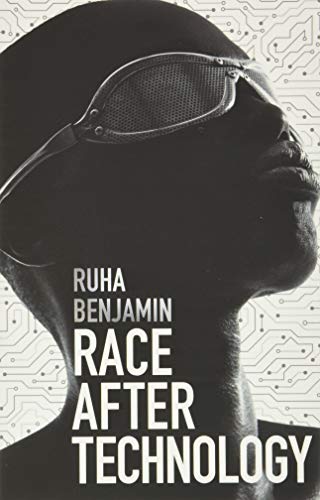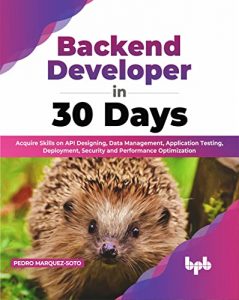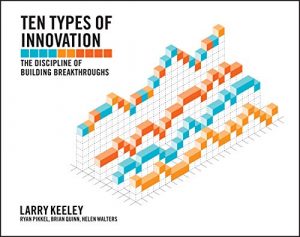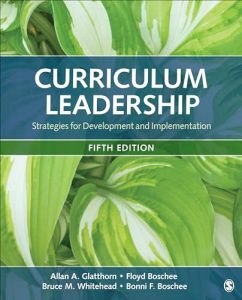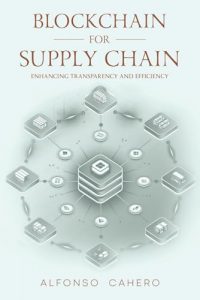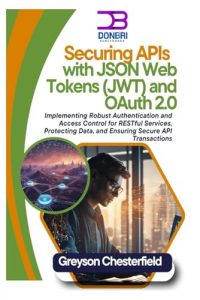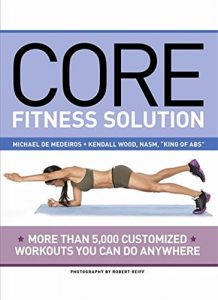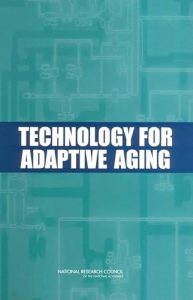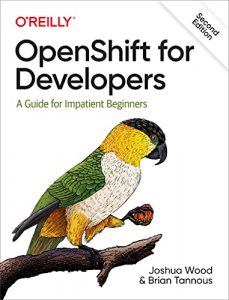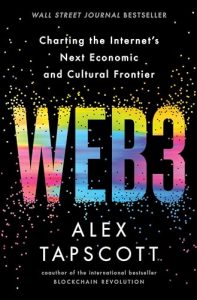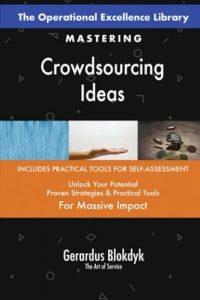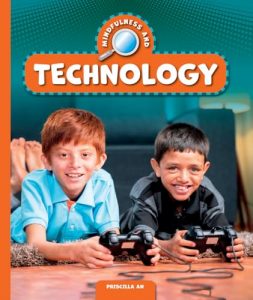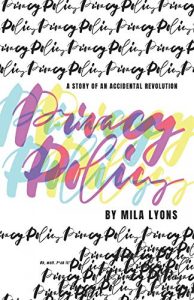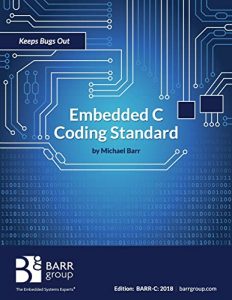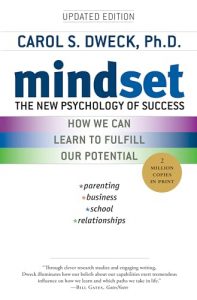Unlocking Code Quality: Your Guide to Essential Readings
In the ever-evolving world of software development, the quality of your code is paramount. With speed often prioritized, it’s easy to let standards slip. However, the reality remains that well-maintained, clean code not only enhances productivity but also ensures maintainability in the long run. A great way to sharpen your coding skills and approaches is through reading. Luckily, we’ve compiled a list of essential books focusing on code quality, testing, and the review processes that every developer should have on their reading list.
Whether you’re a seasoned developer or just starting your journey into coding, understanding the tools and techniques that foster code quality is crucial. These books offer insights, principles, and practices that enhance your coding architecture and promote a productive environment. Let’s delve into our top picks that cover everything from code reviews to proper test automation.
1. “Looks Good To Me”: Constructive code reviews
This book is a must-have for anyone involved in the code review process. Written by expert authors, it delves into the intricate details of achieving effective and constructive feedback during code reviews. The insights provided help foster a collaborative environment and emphasize the importance of clear communication. You’ll learn strategies to provide actionable comments that lead to better coding practices and higher quality outputs, making this a vital tool in any developer’s library.
By adopting the principles highlighted in this book, teams can mitigate miscommunication and improve overall code quality through structured reviews. Endorsed by numerous industry professionals, this title is not just theory; it’s applicable, actionable, and can significantly impact your workflow.
2. Design Patterns for High-Quality Automated Tests: Clean Code for Bulletproof Tests
This book takes a deep dive into creating automated tests that not only confirm functionality but also maintain readability and reliability. Understanding design patterns in the context of automated testing is essential for developers who want their tests to be as maintainable as the code they validate. The advice laid out within this book will amplify your testing strategies and ensure you’re able to address future code changes more efficiently.
Its practical approach paired with best practices makes it an invaluable resource for establishing clean, efficient testing protocols that can scale as your projects grow.
3. Race After Technology: Abolitionist Tools for the New Jim Code
This intriguing piece tackles the intersection of technology and societal challenges. It’s not a traditional coding book, but it raises awareness of biases ingrained in tech and the importance of equitable practices. A vital read for tech leaders and developers alike, it encourages reflection on the societal implications of the code we write and the technologies we deploy.
4. DevOps Tools for Java Developers: Best Practices from Source Code to Production Containers
This book specializes in best practices for integrating development and operations, particularly in the Java ecosystem. With insights into tools essential for continuous integration and deployment, it serves as a guide for developers looking to refine their skills within modern DevOps practice. It’s filled with cases, tips, and workflows that bring efficiency into code management and operations.
5. Pragmatic Test-Driven Development in C# and .NET
With a focus on test-driven development within the C# and .NET frameworks, this title empowers developers to create a test-first mindset that promotes attention to code quality. It connects practical tools with theoretical concepts, ensuring clarity and ease of implementation in real-world coding scenarios. This resource is perfect for enhancing your programming practices while fortifying your craftsmanship as a developer.
Conclusion
Whether you’re refining existing code, onboarding new projects, or reshaping your software development strategies, these books provide essential knowledge and tools to enhance your capabilities. Investing time in reading these resources can drastically elevate your work and foster an environment of continuous improvement in your coding practices.




